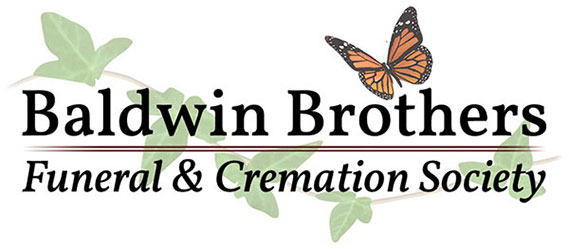Our Emotional Reactions Are Not Universal
No funeral home in Orlando will expect any two families to experience grief in exactly the same way. The personal shock of a death can impact everyone in unexpected ways. You may notice emotional reactions that seem unexpected in your loved ones. Simply approach all of these reactions with patience.
-
Disassociation
The immediate reaction of denial is the mind’s way of protecting us from experiences that seem too painful to comprehend. Some people coping with grief will avoid discomfort by becoming dissociative. Disassociation creates an emotional barrier, so those ongoing events will be perceived more from an onlooker’s perspective. Someone in mourning may push thoughts of death certificates, memorial services, and Orlando funeral homes to an emotionally distant space to create a more stoic environment.
How to Help: Mourners retreating to a dissociative state are often pained by the discomfort of expressing their actual grief. The initial temptation is to bury unpleasant emotions. The best course of action for friends and family is to make an effort to actively listen to loved ones in mourning and allow a safe opportunity to express feelings. To not push or rush your loved one into sharing painful thoughts, simply be patient and available to listen.
-
Anger
Our natural fight-or-flight response to anything that upsets us is also affected by the upheaval we experience when a loss is sudden or traumatic. Experienced staff in most funeral homes in Orlando is accustomed to witnessing emotional outbursts from grieving family members. The rush of adrenaline that can accompany the fear of a loss can lead to long periods of anger and emotional unrest.
It is common for some people struggling with grief to develop strong feelings of resentment or bitterness. They may blame others or themselves, or adopt a worldview that seems generally harsh and unfair.
How to Help: Anger can be difficult for friends and family to tolerate for long periods, but patience is the absolute best remedy. Those in mourning may sometimes lash out at loved ones or make hurtful comments. It is important to respond to periods of anger with love and support, without reciprocating any hurtful actions.
-
Distraction
Not unlike disassociation, distraction is a common coping mechanism used to enhance a greater sense of control in one’s life. After a loss, one may throw themselves into their work or another hobby that helps alleviate the stress of an abrupt change.
How to Help: A person may seek out distractions if they are struggling to deal with afterlife arrangement alone. While distraction techniques are not necessarily harmful, it is important to find a healthy balance between taking a well-needed break and avoiding the issue altogether. Always remain supportive and allow for open and comfortable talk about everything your loved one is experiencing. Offer to help with any tasks that may seem stressful or overwhelming.
-
Dependency
Grief can cause a prolonged sense of fatigue that inhibits a person’s ability to maintain daily tasks. Poor hygiene, loss of appetite, stomach upset, and insomnia are only a few of the common physical symptoms of grief. Additionally, a person in mourning may become confused and disorganized when alone, struggling to think clearly through issues.
How to Help: Afterlife arrangements like contacting family and selecting an Orlando funeral home can become quickly overwhelming when the surviving family is emotionally unprepared. Avoid making important decisions until a sense of normalcy is returned. Above all, remain patient and seek professional help if needed.
